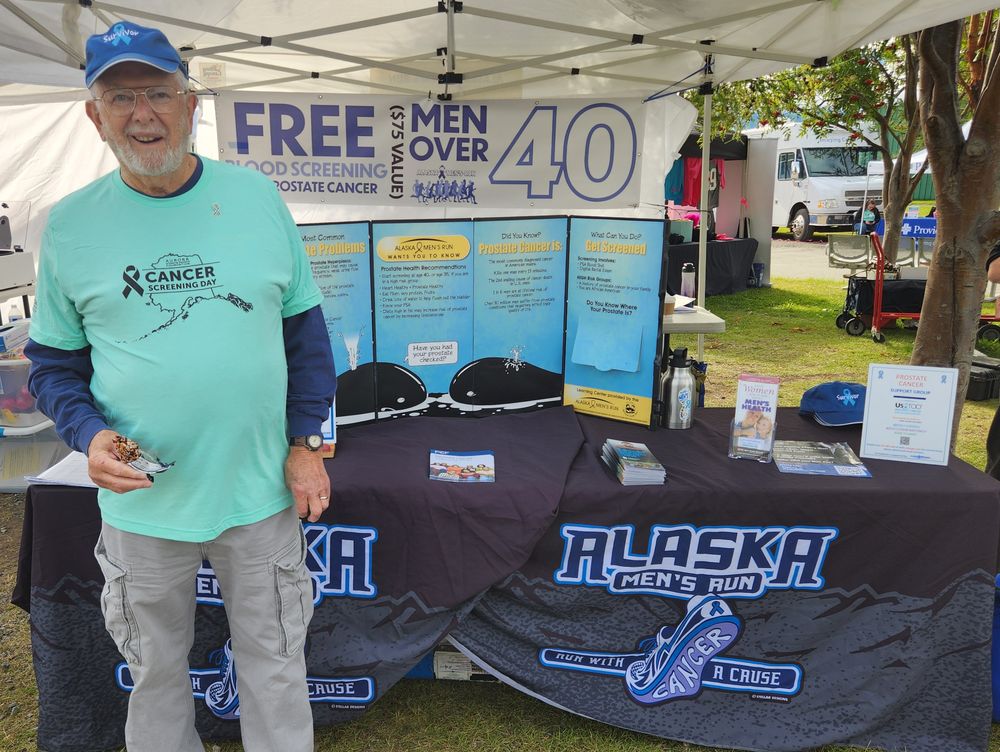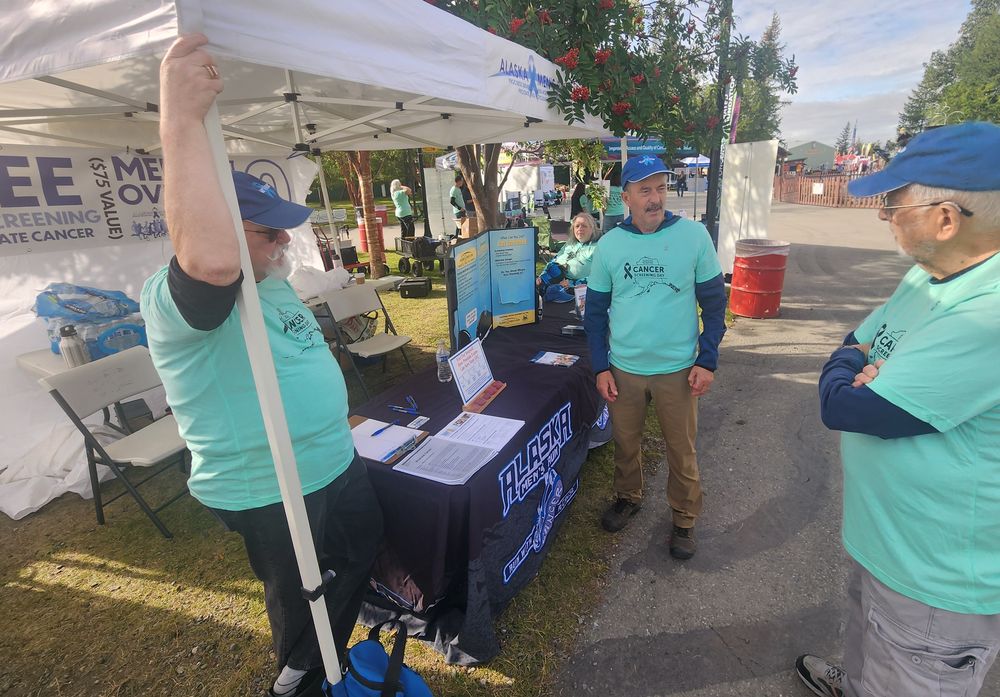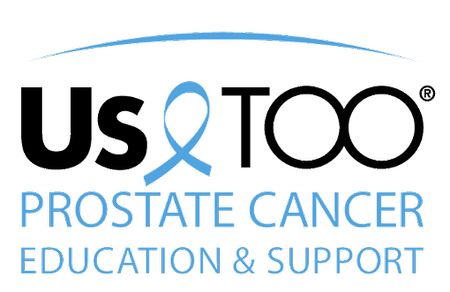To: Senator Lisa Murkowski, Senator Dan Sullivan, and Representative Nick Begich
From: Members of Us TOO Alaska
Re: Protecting Cancer Patients by Opposing the “Big Beautiful Bill”
Dear Members of the Alaska Congressional Delegation,
We write to you today as Alaskan fathers, veterans, small business owners, community leaders, and men who have faced a deeply personal battle: prostate cancer. We are members of Us TOO Alaska, a peer-led group made up of men currently living with or having survived prostate cancer. We support each other through the uncertainty, the treatment, the aftermath – and we’re speaking up now because proposed federal cuts to Medicaid, under the so-called “Big Beautiful Bill,” would be devastating for our community and for thousands of Alaskans fighting cancer.
Prostate cancer is the second-leading cause of cancer death among American men. In 2025 alone, over 313,000 men in the U.S. will be diagnosed, and nearly 36,000 will die from the disease. One in every eight men will face this diagnosis in their lifetime – yet survivorship is possible with early detection and access to quality care. For many Alaskans, particularly those in rural or under-served areas, Medicaid is the only path to that care. Cutting Medicaid is cutting lives short.
More than 232,000 Alaskans rely on Medicaid – including over 5,600 people with a cancer history. With over 650 new cancer diagnoses expected this year alone, Medicaid continues to serve as a lifeline for those needing screenings, chemotherapy, radiation, follow-up scans, and supportive care.
Most of us in Us TOO are older than 65, and many of us are retired military, faith leaders, tradesmen, or business owners – people who have given back to this state in countless ways. Many of us never imagined we’d need public assistance. But cancer doesn’t care about your status, your faith, or your work ethic. When cancer hits, timely access to treatment saves lives.
The current proposal before Congress threatens that access. The “Big Beautiful Bill” would slash Medicaid funding and create unnecessary red tape at a time when Alaska’s healthcare infrastructure is already stretched thin. These cuts could force clinics to close, reduce access to oncologists and specialists, and leave patients in the bush and beyond with nowhere to turn.
We urge you to remember that this is not just a policy debate – it’s a matter of survival for men like us and for the Alaskans who will be diagnosed tomorrow. We ask you to stand with us and oppose this bill and any federal action that undermines Medicaid’s ability to serve cancer patients in our state.
Respectfully,
Stephen Lewis, Support Facilitator, Us TOO Alaska
Mark Dixson, Prostate Cancer Survivor
Bill Bredar, Prostate Cancer Survivor
Keith Guyer, Prostate Cancer Survivor
Mike Zoske, Prostate Cancer Survivor
Us TOO Alaska, Prostate and Testicular Cancer Education and Support


